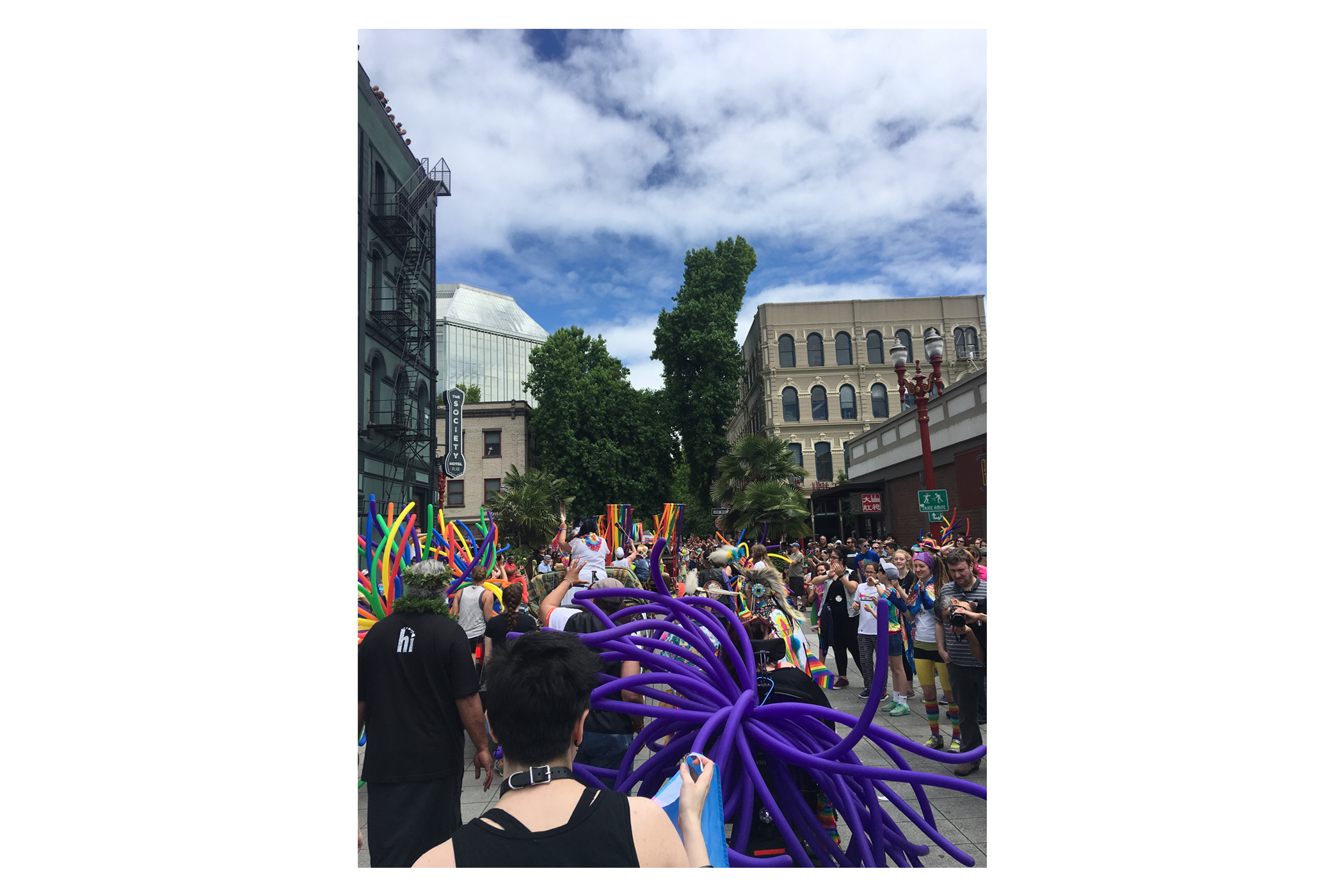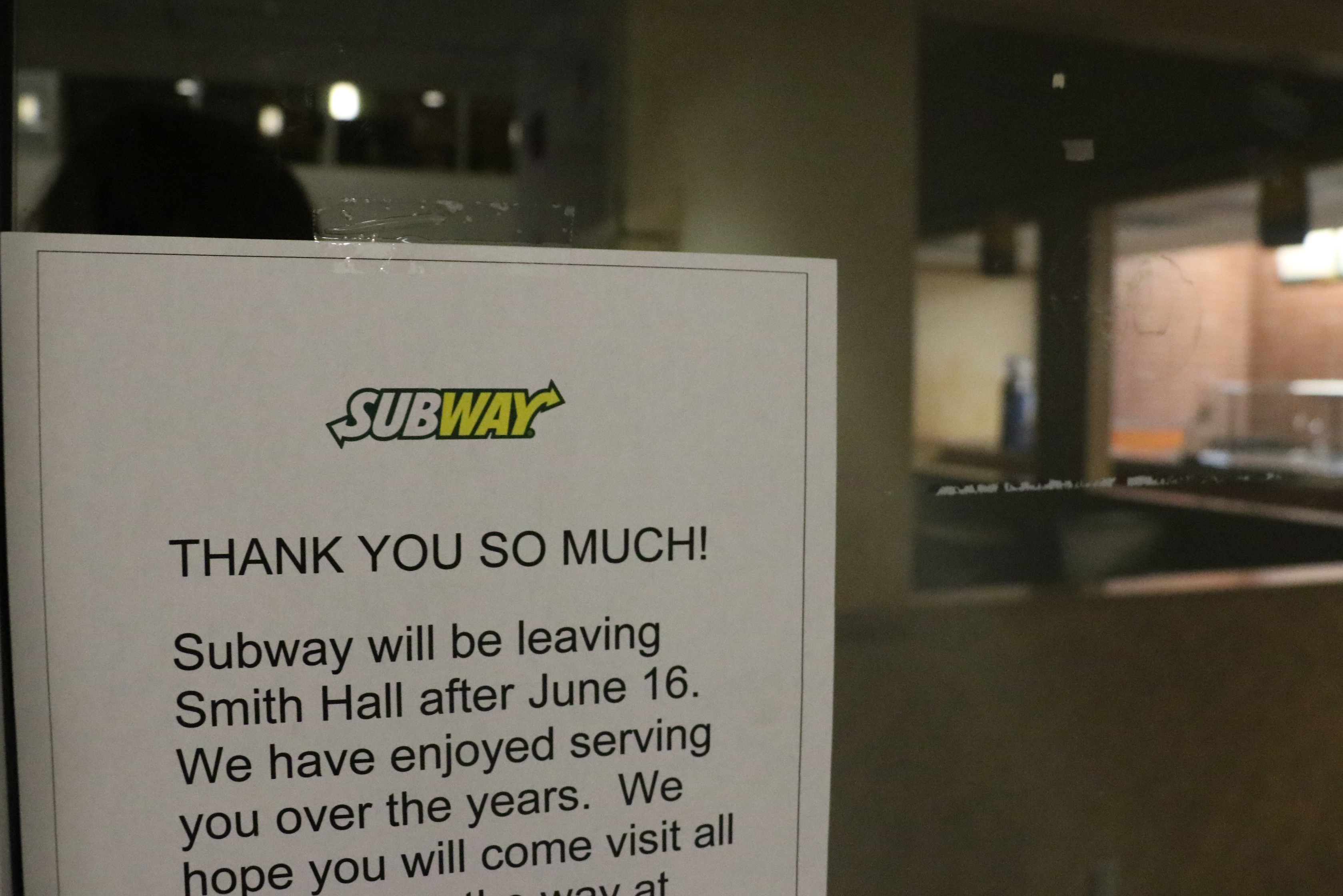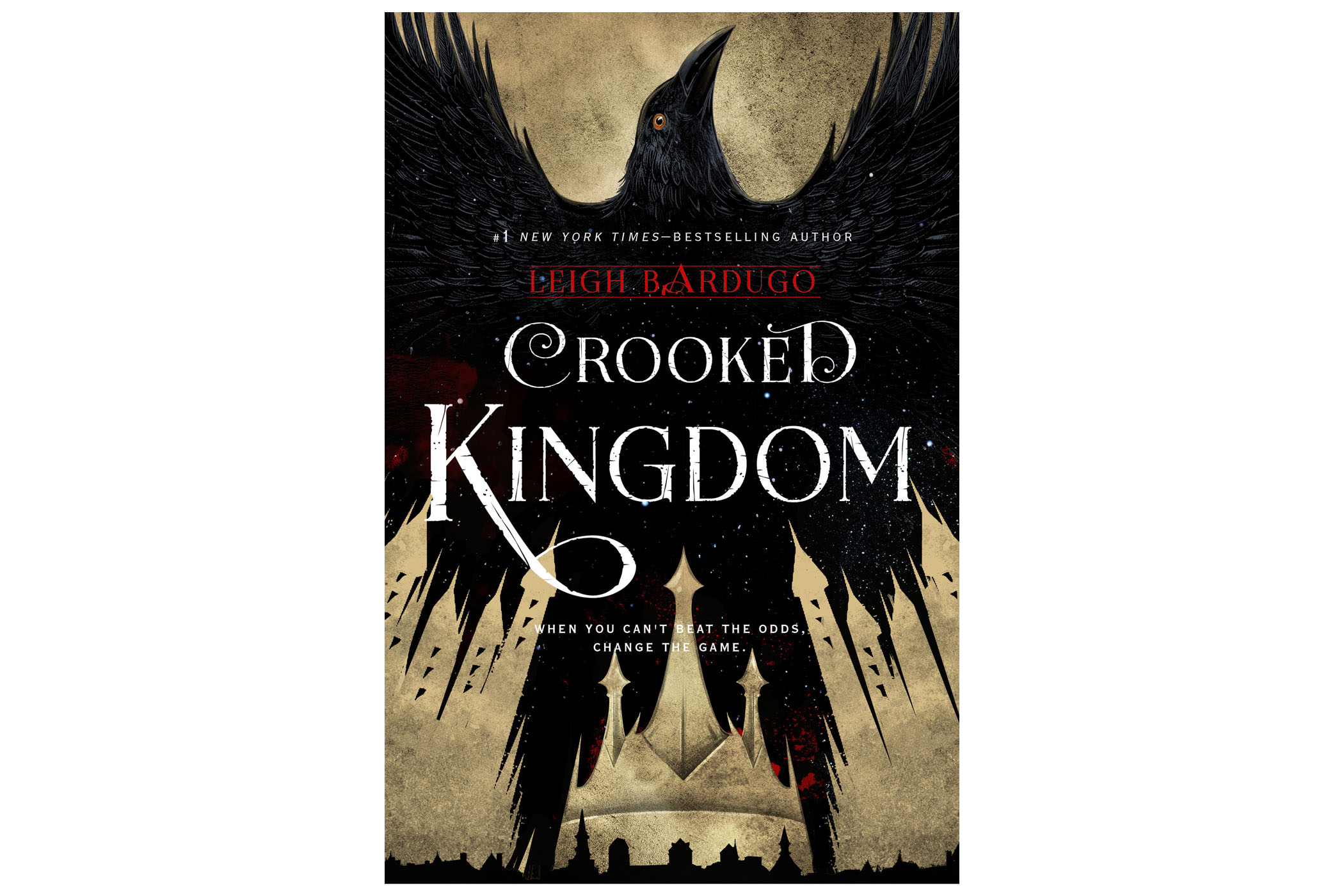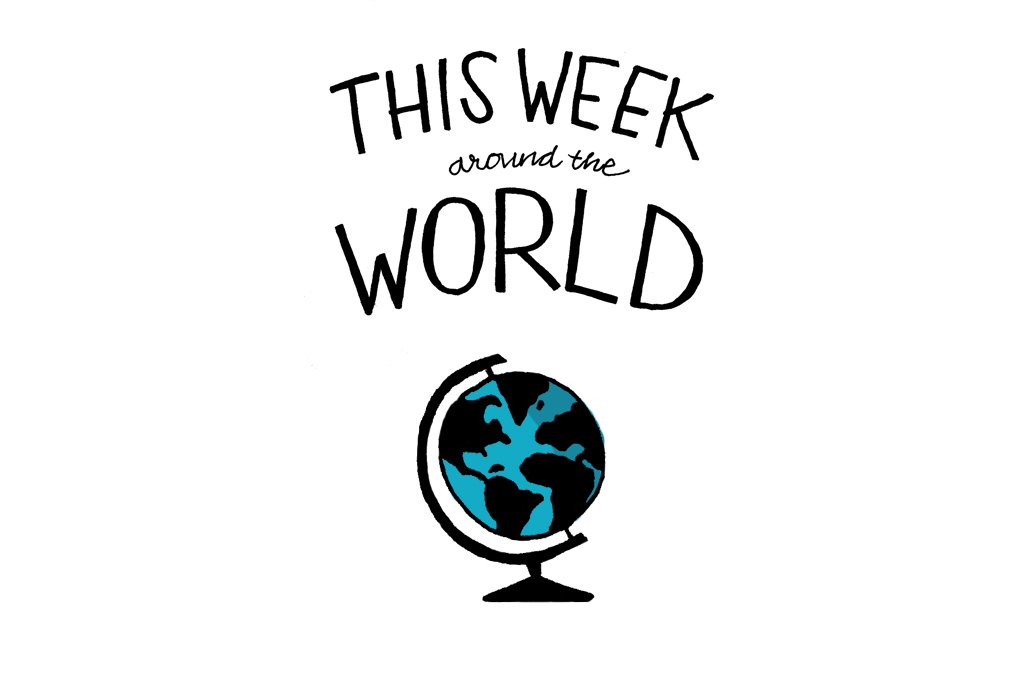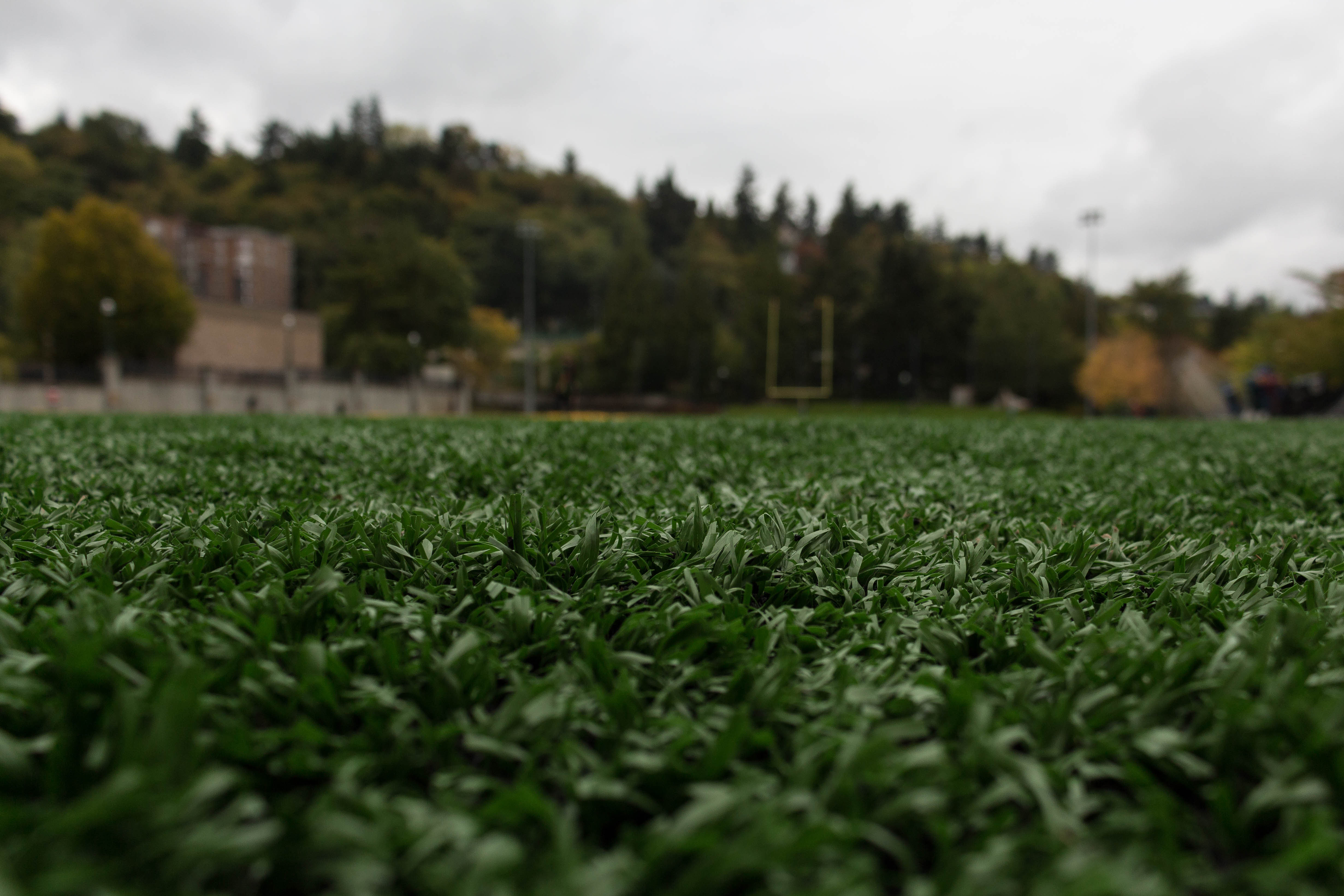Marching with my ancestors
Alex-Jon Earl
Pride events for Two-Spirit Indigenous Portlanders have always been a struggle with invisibility. Even with last year’s turn as grand marshals, it is hard to call life here anything but an exercise in asserting what our scholars call “survivance,” but the same time, such things are a vital effort in talking through the crowds to those other Indigenous folks who don’t see themselves represented in society and end up lost.
Two-Spirit is an identity codified in a somewhat official respect in the 1990s as a means of acknowledging historic and contemporary queer Indigenous identities. This term hugs, without absorbing, the numerous identities that tribes have acknowledged since time immemorial, while also recognizing the fluidity of identity in the present. It’s a decolonial construct meant to confront the isolating “one size fits all” approach of mainstreamed queer identity.
This year’s contingent brought a broad spectrum of the Indigenous Two-Spirit community.
Veterans, students, nonprofit professionals, parents, kids and more, all marching under the banner of an identity that is hard to fully articulate to non-Indigenous folks. Some did ask, however, and were left with more questions.
“So, did Indians, uh, have gays?”
The question was clearly meant in good faith and was replied to as such. Our questioner left somewhat puzzled but satisfied and my friend and I looked at each other and shrugged.
“The settlers made us gay, I guess,” my friend told me.
“We gave them maize, they gave us gays,” I replied.
“Gays for maize! Let’s put that on a shirt!”
We stepped off and made our way to Tom McCall Waterfront Park, cheering throngs along the way as other Indigenous folks came out of the crowd to join us, their ancestors tagging along.
First time Pride
Silvia Cardullo
A wave of warmth hit me as I stood behind crowds of people cheering and waving rainbow flags. The weather was starting to heat up, but no one seemed to mind.
I had never been to a Pride Weekend before. I’m originally from San Diego, where Pride Weekend had a very large crowd. When Pride occurred I was usually visiting family in Europe, so I was very excited to attend this year in Portland.
The Trimet stabbing on May 26 left Portland quite somber. Knowing people who knew Taliesin Myrddin Namkai Meche, the Reed student who was murdered, and knowing Micah Fletcher, the Portland State student who was also wounded by stabbing, the tragedy was difficult to process for me. The mood seemed like Portland was trying to come together after this tragedy, but everyone still seemed too melancholy.
While I was at the Pride Parade, that feeling seemed to melt away. Everyone around me seemed too happy and had huge smiles on their faces as dozens of dogs wearing rainbow tutus and floats with loud music went by. People loudly cheered as a Wizard of Oz-themed float for the Steam bathhouse came passed. I had never really seen anything like it, and everyone seemed to be loving it.
After enjoying the parade, a group of friends and I headed to a diner to eat. “Happy Pride” was the common exclamation of the day. Even if you did not necessarily know the person, people seemed to be saying it to everyone with a bright smile on their face. Since the stabbing, I could not remember when the city had been so warm and friendly. I was filled with tears of joy when my friend who identifies as queer arrived at the parade and almost cried. She is from Kansas, where there are no Pride events, and this was the first Pride event she attended as well.
I knew the consensus of Pride and what it is about, but actually attending Pride events is so much different. It is so warming to see people celebrate who they are all together. It had made me question why there was only one month specifically for Pride. Why would there only be one month for people for celebrate who they are? There was nothing better than to see people’s smiling faces as they embraced themselves. I’m excited to see what the weekend is like next year.
Pridesick
Andrew D. Jankowski
Taking part in Pride felt more subversive before being gay (to speak nothing of the other letters in the queer alphabet) was socially acceptable in Portland. I miss being able to party in long-gone clubs that are now bougie boutiques and brunch spots, and while I don’t mind growing closer to forty than twenty, I admit that it’s not as fun anymore to go out and dance the night away on $2 jello shots, but don’t get me wrong: it’s still totally awesome.
I think back to what life was like before banks and snack brands made on-brand efforts of support of our community, back when words like “queer” and “faggot” were actually hurtful. I think back on the people who have given their lives for queers like me to live out of the closet without fear of repercussion–or, for the people who never thought or were asked to give their lives, but rather had them taken away by acts of violence born in fear.
Pride is for people who have never gotten to celebrate or express what makes their personhood unique, and to remember people who were denied the right to be who they were. Pride is for straight people too: We give thanks for the straight people who loved us before we ever saw another queer person.
For those of us who live out loud every day, for those of us who have abandoned the duties of maintaining the masc-femme binary for finding middle ground, for those of us who don’t feel the queer community’s historic cultural connection with bars and booze, for those of us who have attended Pride for multiple years: It is our duty to ensure that this celebration can continue for generations to come, who are only now finding their way and being allowed to live their truth. It is up to us to create a softer, gentler world that allows for such vibrant displays of authenticity.
This Pride Sunday morning, as I narrowly avoid vomiting on morning joggers, I do not puke for me. I throw up off my balcony for all the messy gays who have gone before me, for all the messy gays taken from us by violence and disease, for the messy gays who will follow after me, and for the lesbians, bisexuals, queers and trans people who live for drama, who are unapologetic and shameless in their realness, and for those still finding their way from the closet into themselves.

